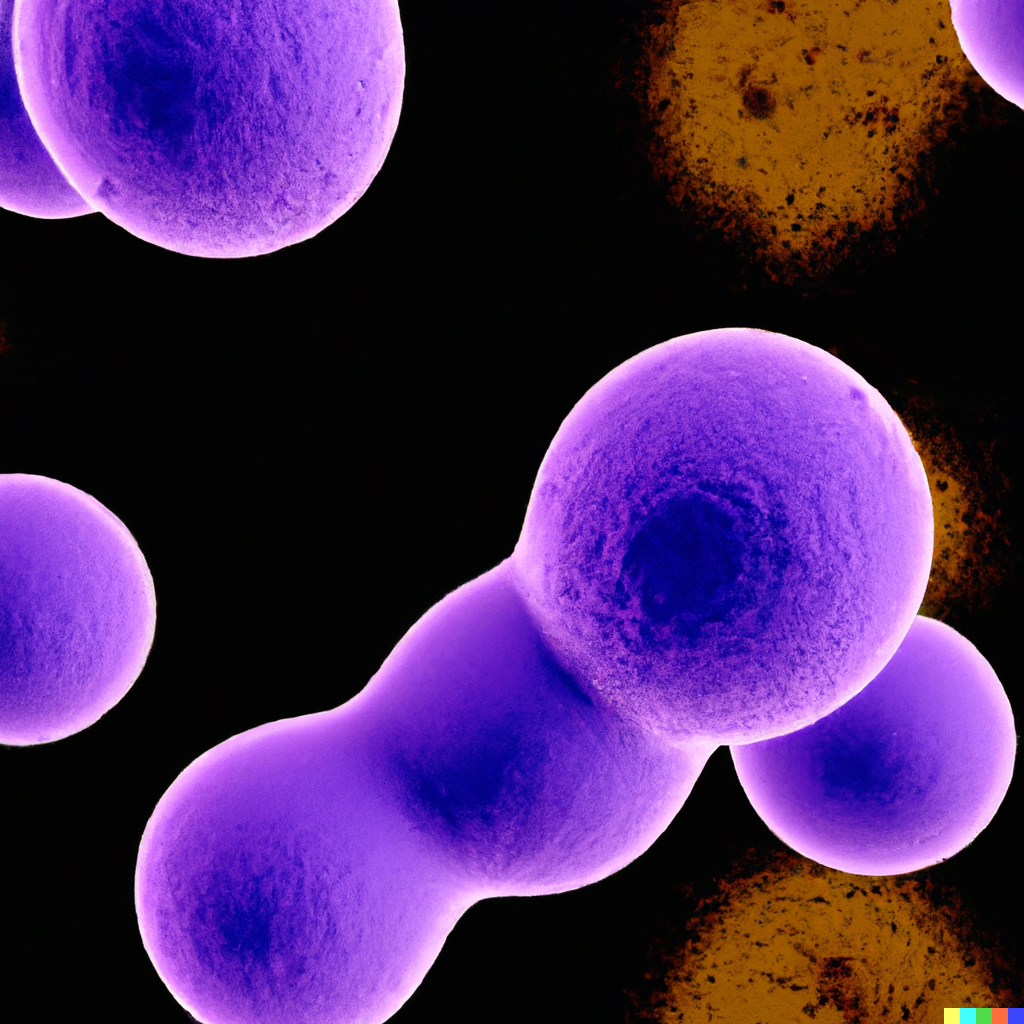
As we stand on the precipice of technological advancements and scientific breakthroughs, the future of cellular biology holds immense promise and potential. This dynamic field, which unravels the mysteries of life at the cellular level, is poised to transform our understanding of biology and revolutionize the way we approach healthcare, biotechnology, and the study of living organisms.
We are starting the journey into the future of cellular biology, exploring emerging technologies, innovative research avenues, and the transformative impact they are set to have on our world.
From the advent of single-cell analysis to the integration of artificial intelligence and gene editing tools, the future of cellular biology is bright, brimming with exciting possibilities that will shape the way we comprehend life itself. Join us as we delve into the frontiers of this captivating field and discover the transformative potential that awaits in the realms of cellular exploration.
- Gene Editing and CRISPR: The development of CRISPR-Cas9 technology has revolutionized gene editing and opened up new possibilities in cellular biology. It allows researchers to precisely modify genes, which has potential applications in treating genetic diseases, developing new therapies, and understanding cellular functions.
- Stem Cell Research: Stem cells have the ability to differentiate into various cell types, making them valuable for regenerative medicine and studying developmental processes. Ongoing research in stem cell biology aims to harness their potential for tissue regeneration, disease modeling, and drug discovery.
- Single-Cell Analysis: Advances in single-cell analysis techniques enable researchers to study individual cells, providing insights into cellular heterogeneity and complex biological processes. This approach has the potential to uncover new cellular subtypes, understand disease mechanisms, and develop personalized therapies.
- Synthetic Biology: Synthetic biology combines engineering principles with biology to design and construct new biological systems. This interdisciplinary field has the potential to create novel cellular functions, engineer microbes for biotechnology applications, and develop bio-based materials.
- Bioinformatics and Data Science: As cellular biology generates vast amounts of data, the field of bioinformatics and data science plays a crucial role in analyzing and interpreting this information. Integrating computational approaches with experimental techniques can lead to new discoveries and insights into cellular processes.
- Emerging Technologies: The future of cellular biology will likely witness the emergence of new technologies, such as organoids (miniature organ models), organ-on-a-chip systems, and advanced imaging techniques. These technologies have the potential to provide more accurate models for drug testing, disease modeling, and personalized medicine.
It’s important to note that the future of cellular biology is not limited to the USA alone. International collaboration and exchange of knowledge will continue to drive advancements in the field, benefiting researchers and scientists worldwide.